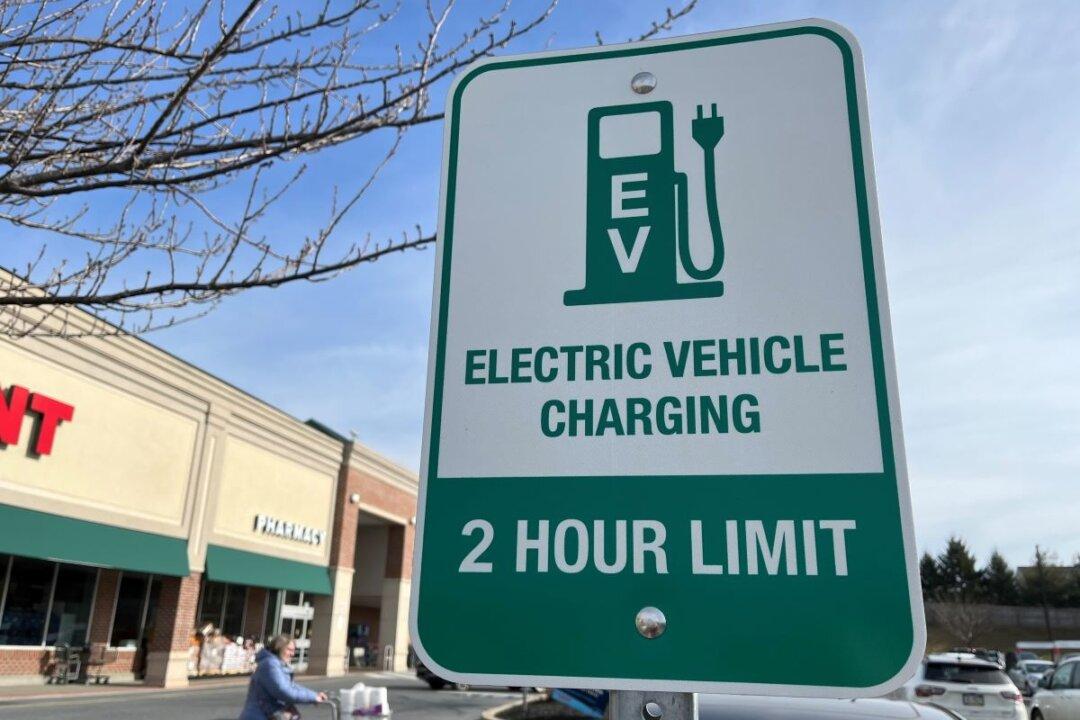The Chinese-owned electric vehicle (EV) battery maker AESC Group is boosting its presence in the U.S. market by building plants in South Carolina and Kentucky, its chief technology officer said on Oct. 15.
AESC has “clear visibility” to expand its operations in the United States while working to meet the U.S. EV tax credit requirements, Chief Technology Officer Hiroyuki Akashi told Nikkei Asia in a recent interview.





